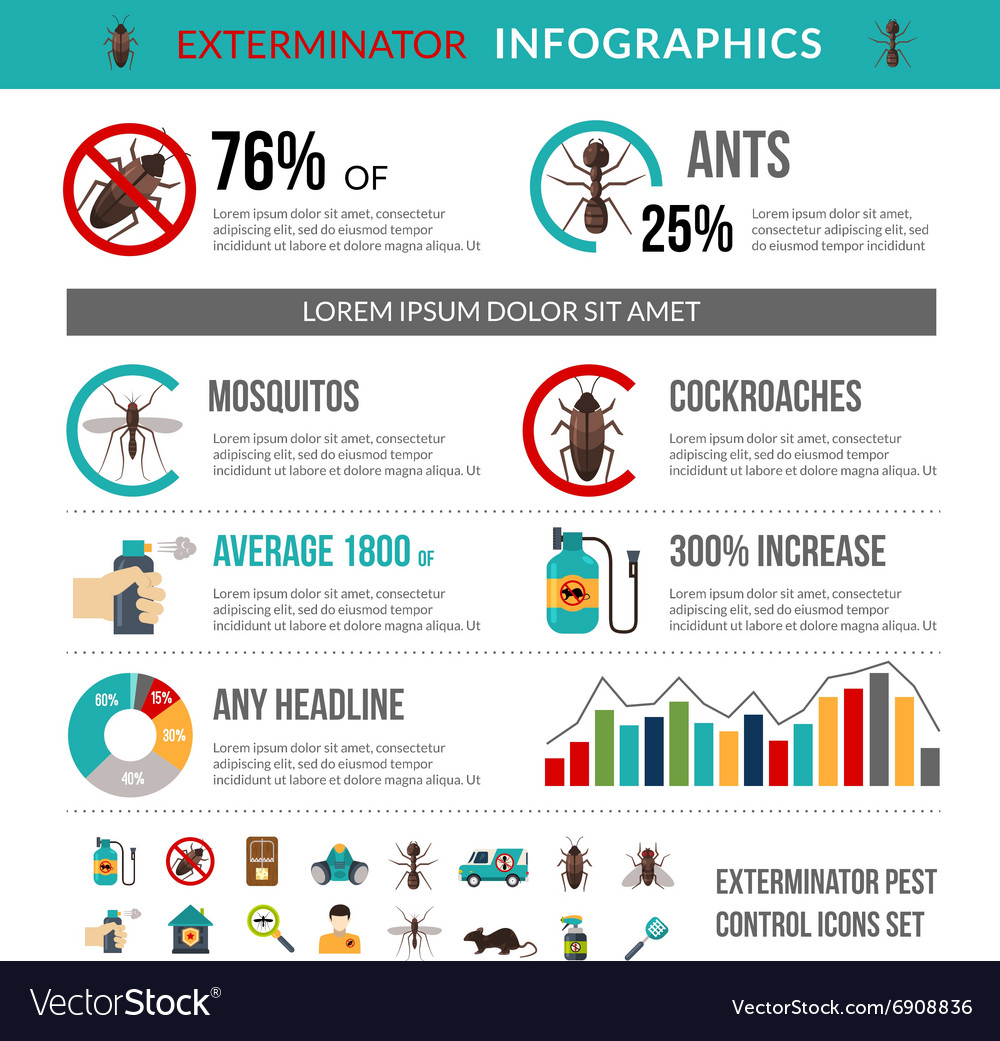Protecting Your Garden From Pests: Approaches For A Pest-Free Outdoor Area
Protecting Your Garden From Pests: Approaches For A Pest-Free Outdoor Area
Blog Article
Post By-Thorpe Sharma
Imagine your yard as a haven, an area of harmony and appeal. Nonetheless, https://shanenicwq.onzeblog.com/32013208/open-your-eyes-to-the-urgent-demand-for-efficient-parasite-control-actions-when-confronted-with-a-sudden-infestation-and-find-just-how-to-tackle-this-pushing-concern-head-on of outside pests can swiftly disrupt this picturesque photo. What happens if there were easy yet efficient means to keep these unwanted visitors at bay and shield your garden sanctuary? By complying with a few useful tips and implementing natural methods, you can develop a harmonious outdoor area where your plants can thrive uninterrupted.
Natural Bug Deterrents
To maintain parasites away from your garden naturally, plant aromatic herbs like mint and lavender. These great smelling plants not only include charm to your yard however additionally serve as effective insect deterrents. Parasites like mosquitoes, flies, and also some garden-damaging bugs are pushed back by the strong fragrances released by these natural herbs. Simply putting rene pest control around your garden can aid develop a natural barrier against undesirable parasites.
Along with mint and lavender, take into consideration planting other natural herbs like rosemary, basil, and lemongrass to even more enhance your garden's pest-proofing capacities. These natural herbs not only work as all-natural repellents however also have actually the included benefit of being useful in cooking or crafting self-made remedies.
Strategic Plant Placement
Take into consideration the format of your yard and the types of plants you have to strategically place them for maximum pest-proofing efficiency.
Begin by organizing pest control companies with similar resistance to parasites together. By doing this, you can create a natural obstacle that hinders insects from spreading out throughout your yard.
Additionally, placing pest-repelling plants like marigolds, lavender, or mint near more prone plants can assist protect them. Tall plants, such as sunflowers or corn, can work as a shield for much shorter plants against pests like rabbits or ground-dwelling bugs.
Keep in mind to leave sufficient room in between plants to enhance air circulation and reduce the risk of diseases that pests could bring.
In addition, consider growing strong-smelling herbs like rosemary or basil near vulnerable plants to perplex parasites' senses and make it harder for them to situate their targets.
Efficient Insect Control Approaches
For combating yard insects effectively, applying a multi-faceted insect control method is vital. Start by urging natural predators like birds, ladybugs, and praying mantises to assist maintain bug populaces in check. Introducing plants that draw in these beneficial insects can help in bug control. Furthermore, exercising good garden hygiene by getting rid of debris and weeds where parasites could conceal can make your garden much less welcoming to undesirable visitors.
Consider using physical obstacles such as row cover textiles or netting to safeguard susceptible plants from bugs like caterpillars and birds. Applying organic chemicals like neem oil or insecticidal soap can additionally work versus particular parasites while being less harmful to beneficial insects and the setting. It's crucial to revolve your crops each period to avoid the buildup of insect populaces that target particular plants.
Consistently evaluate your plants for indicators of pest damages so you can act promptly. By combining these techniques and remaining alert, you can efficiently control garden pests and enjoy a successful, pest-free garden.
Conclusion
So, there you have it - with the ideal approaches, you can keep pesky outside parasites away from your garden and assist your plants grow.
Did you know that growing mint has been revealed to drive away insects and other pests, lowering the requirement for hazardous chemicals by as much as 60%?
By incorporating natural deterrents and clever planting methods, you can create a stunning and pest-resistant garden oasis for you to enjoy.
